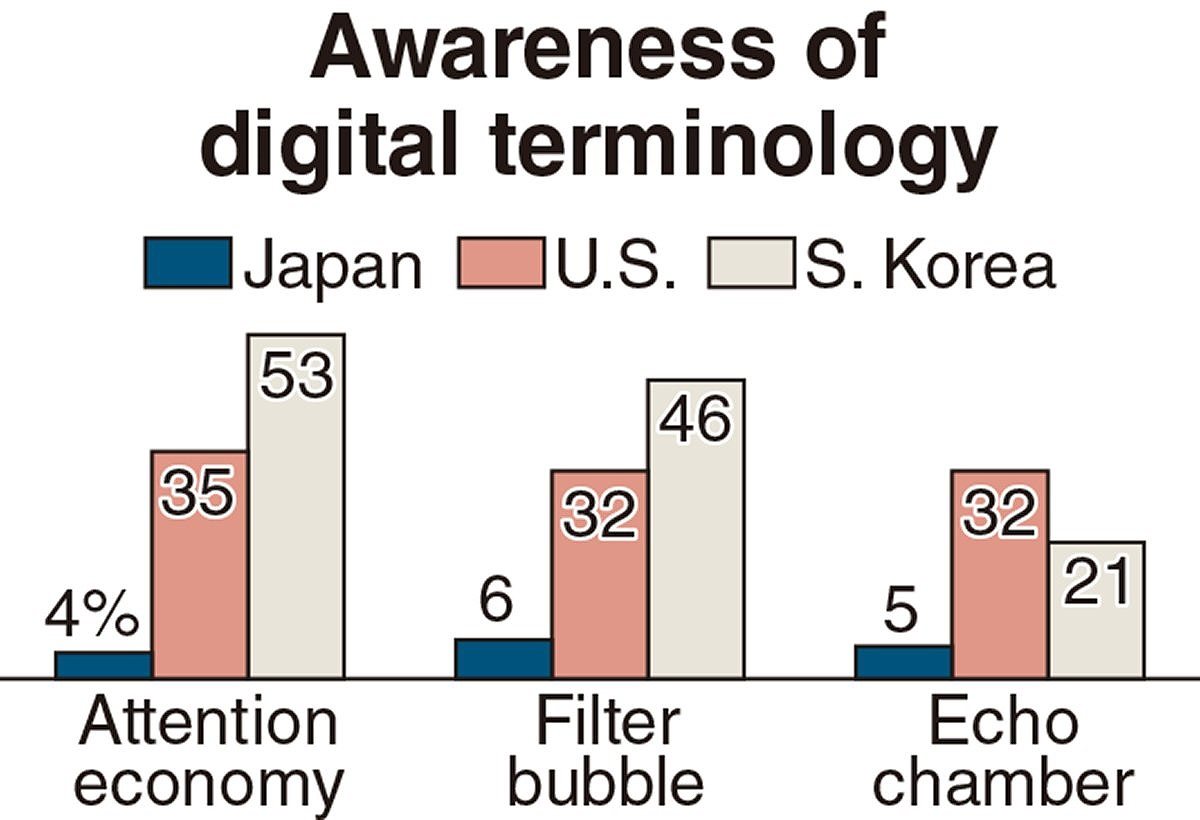Japanese people more vulnerable to disinformation compared to Americans, South Koreans
The Japan News carries an article about Japanese people who tend not to fact-check information found online, Caliber.Az reprints the article.
Japanese people tend not to fact-check information found online and have less knowledge about how the internet works compared to Americans and South Koreans, according to a survey by The Yomiuri Shimbun.
The survey revealed that Japanese people tend to be easily deceived by false information.
The Yomiuri Shimbun conducted an online survey in mid-December with Shinichi Yamaguchi, an associate professor of economics at the International University of Japan. In each of the three countries, the survey asked 1,000 internet and social media users how they deal with digital information. The respondents were between the ages of 15 and 69 and were residents of rural and urban areas.

The questions were mostly made and analyzed by Yamaguchi, and the survey was outsourced to Tokyo research firm MyVoice Communications, Inc.
When asked if they check the primary source of information found online, 73 per cent of respondents in the United States said they check it, with 57 per cent in South Korea and 41 per cent in Japan saying they do so.
The survey also found that only 54 per cent of Japanese respondents check when the information was posted, while 74 per cent of respondents in the United States and 73 per cent in South Korea do so.
In addition, the survey looked at how well respondents recognized terms that describe the structure of digital spaces or its harmful effects. On average, only 5 per cent of respondents in Japan were aware of three terms, including “attention economy,” in which click-through rates are prioritized over the accuracy of information, far below 33 per cent in the United States and 40 per cent in South Korea.
The survey asked respondents if 15 instances of disinformation that were widespread in each of the three countries were “correct,” “incorrect” or if they “didn’t know.” Only 27 per cent of Japanese respondents were able to correctly identify they were disinformation, compared to 40 per cent in the United States and 33 per cent in South Korea.
Respondents likely to be deceived by disinformation were those who trust social media or who do not actively read news reports, according to the survey.
On the other hand, respondents who were less likely to be deceived by false information were those who read newspapers and who obtained a variety of information from multiple mediums. Newspaper readers were 5 per cent more likely to notice false information than non-readers.
“The survey confirms that people in Japan are facing a serious situation because of a low resistance to disinformation,” said George Shishido, professor of constitutional law at the University of Tokyo. “Efforts to increase online literacy are urgently needed.”








